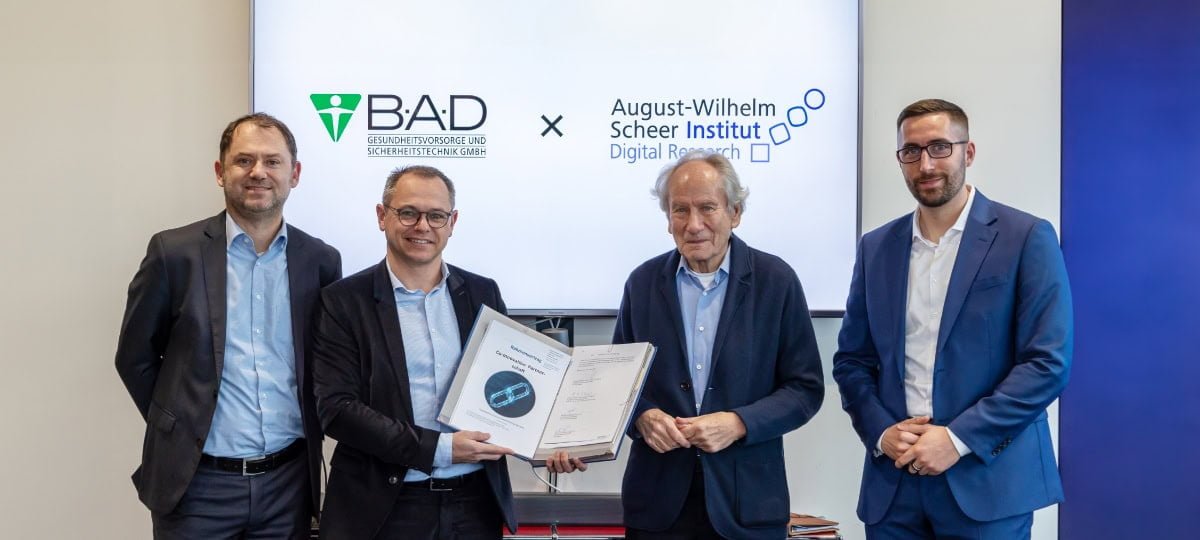Man and machine - a symbiosis for better customer service


What actually constitutes a good customer experience? Pioneering companies with exceptionally good customer experience (CX) ratings provide orientation here.
A global survey of more than 550 executives in 30 countries and regions by MIT Technology Review and Genesys found that 91 percent of iconic brands are using artificial intelligence (AI)-based solutions to improve the customer experience.
Cult brands are defined as companies that score particularly well in the evaluation of their customer experience (CX) and whose brand has achieved leading awareness and a first-class reputation in the industry.
In addition, the MIT Technology Review report "Getting to Iconic," supported by Genesys, shows that iconic brands are more likely than other companies to recognize how automated AI tools can be used most effectively.
For example, they add the most value when they support and complement customer service staff rather than replace them. Similarly, 60 percent of the iconic brands surveyed said they have the right mix of human and automated communication channels, compared to 26 percent of companies with a more unfavorable CX score and 40 percent of respondents overall.
Moreover, the flagship companies in customer experience are not only using AI in the form of chatbots, but are also applying it in other fields such as customer analytics.
Technological progress has accelerated this development even further - for example, through Big Data analytics that derive forecasts from customer data, or virtual assistants for more efficient processing of customer inquiries. But all technological decisions should always be part of a strategic brand orientation.
Many companies still make the mistake of prioritizing technological innovations over added value for the customer. In some situations, this means that customers struggle for a long time in frustration with an overwhelmed chatbot, even though a human could solve the problem much faster.
The primary goal in customer contact is to establish an emotional connection with the customer. This requires not only AI, but also appropriately trained personnel.
Successful customer service happens when employees and AI work together as a team. The seamless transition between bots, automated processes, artificial intelligence and human employees is called "blended AI".
AI should not replace humans, but rather be given a "human touch" - in the ideal case, the customer does not even notice whether they are interacting with a bot or a real person.
The increased use of AI means that companies need a moderator to mediate between the different systems. The large number of AI systems on the market does not necessarily make collaboration easier:
IBM, Amazon, Google, Microsoft, Apple - every player in the technology universe is now developing its own artificial intelligence. It can happen that different channels and software solutions within a company are supported by different AI systems.
Especially in automated customer communication, there will not be THE artificial intelligence, but many different ones. This is because AI can be used most efficiently in communication depending on the skills for specific task areas, rather than creating a superintelligence for all areas.
The ease of use and exchange of these chatbots plays a central role in their efficient use by companies and customer satisfaction. But currently, only humans can solve customers' unpredictable needs.
AI does not have to completely replace humans in customer contact, because the greatest efficiency comes from collaboration between humans and machines.




